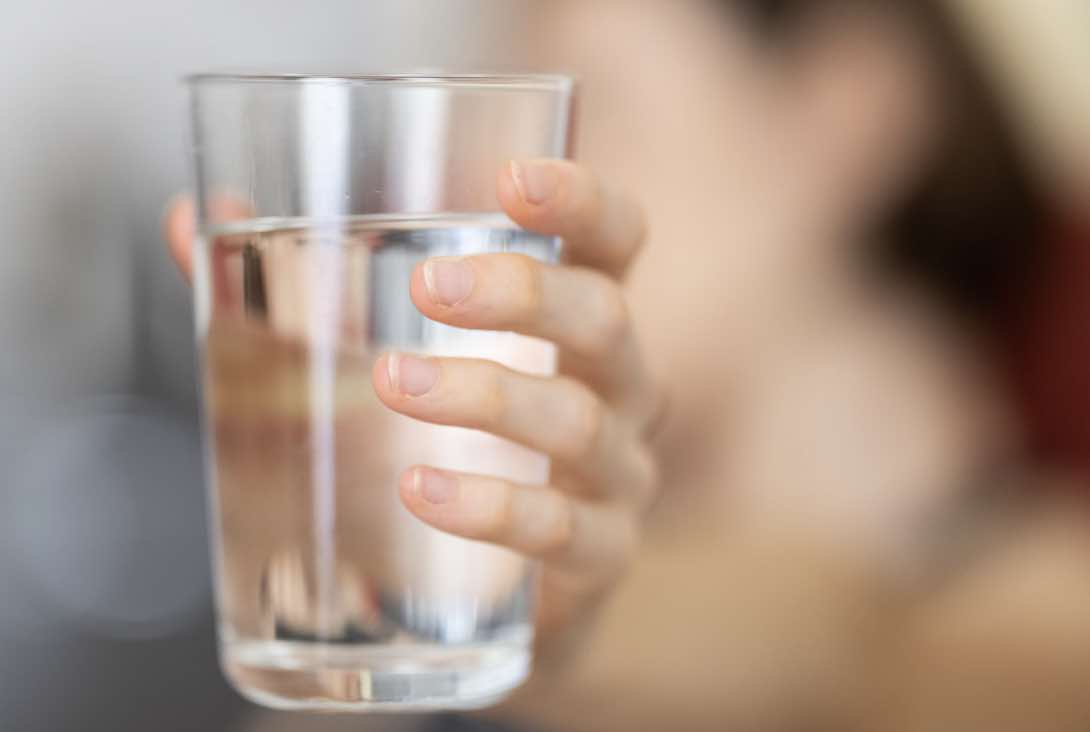
Water, the elixir of life, has been revered across cultures and centuries for its profound impact on health. Staying hydrated, or maintaining an adequate level of fluid in the body, is not merely a matter of quenching thirst; it’s a cornerstone of well-being. In this article, we will delve into what good hydration entails, explore the historical significance of water, examine its multifaceted benefits for health, and discuss why more people in the future will recognize the vital importance of staying hydrated.
What Is Good Hydration?
Good hydration involves maintaining a balance between the water intake and output in the body to ensure optimal physiological function. The human body is composed of approximately 60% water, and every cell, tissue, and organ relies on it to function properly.
While the daily water needs vary from person to person, a general guideline is to consume about 8 glasses, or 2 liters, of water per day. This includes water from beverages and foods. However, factors such as climate, physical activity, and individual health conditions can influence daily water requirements.
A Brief History of Hydration
Water’s significance in human history cannot be overstated. Since ancient times, civilizations have recognized the importance of clean, fresh water for health and survival.
- Ancient Civilizations: In ancient Egypt, Greece, and Rome, access to clean water was considered a fundamental human right. Aqueducts, wells, and sophisticated water supply systems were developed to provide communities with a reliable source of water.
- Traditional Healing Practices: Various traditional healing systems, such as Ayurveda in India and Traditional Chinese Medicine, have emphasized the role of water in maintaining balance and promoting health.
- Scientific Discoveries: In the 18th and 19th centuries, scientific research led to a deeper understanding of water’s role in human physiology. The discovery of waterborne diseases and the importance of sanitation revolutionized public health.
- Modern Hydration: In today’s world, the importance of hydration is well-documented and promoted through public health campaigns and educational initiatives.
How Hydration Benefits Health
The health benefits of staying hydrated are extensive and impact numerous aspects of physical and mental well-being:
- Optimal Physical Performance: Adequate hydration is essential for peak physical performance. Dehydration can lead to decreased endurance, strength, and coordination.
- Temperature Regulation: Water helps regulate body temperature by dissipating heat through sweat. This is crucial for preventing heat-related illnesses.
- Improved Cognitive Function: Dehydration can impair cognitive function, leading to decreased concentration, memory, and mood. Staying hydrated enhances mental clarity and alertness.
- Digestive Health: Water is essential for digestion and the absorption of nutrients. It helps prevent constipation and supports healthy bowel movements.
- Healthy Skin: Proper hydration keeps the skin moisturized and can improve its appearance. Dehydration can lead to dryness and premature aging.
- Detoxification: Water plays a key role in the body’s natural detoxification processes, aiding in the removal of waste products and toxins.
- Joint Health: Adequate hydration lubricates joints, reducing the risk of injury and promoting overall joint health.
- Prevention of Kidney Stones: Staying hydrated helps prevent the formation of kidney stones by diluting urine and flushing out minerals and waste products.
- Weight Management: Drinking water before meals can promote a feeling of fullness, potentially reducing calorie intake and aiding in weight management.
Why More People Will Understand the Benefits of Staying Hydrated in the Future
As we look to the future, several factors indicate that an increasing number of people will recognize the importance of staying hydrated for their health:
- Health Education: Public awareness campaigns and educational initiatives on the importance of hydration will continue to highlight its role in well-being.
- Technological Advancements: Wearable devices and smartphone apps that track hydration levels and send reminders will become more prevalent, making it easier for individuals to monitor their hydration status.
- Health and Wellness Trends: As the focus on health and wellness grows, individuals will seek holistic approaches to well-being, including proper hydration.
- Climate Change Awareness: Increasing awareness of climate change’s impact on water resources will drive home the importance of conserving and responsibly using this precious resource.
- Fitness and Sports Performance: Athletes and fitness enthusiasts already understand the significance of hydration in performance. As more people engage in physical activities, hydration will gain prominence.
- Remote Work and Lifestyle Flexibility: The rise of remote work and lifestyle flexibility will give individuals more control over their daily routines, making it easier to prioritize hydration.
Conclusion
Staying hydrated is a fundamental pillar of good health that transcends time and culture. Water’s role in the human body is irreplaceable, influencing nearly every physiological process. From physical performance and mental clarity to digestive health and temperature regulation, the benefits of staying hydrated are extensive and undeniable.
As society continues to emphasize health, wellness, and technological advancements, the recognition of the vital importance of staying hydrated will only strengthen. The future promises a world where more individuals understand that optimal hydration is not just about drinking water; it’s about unlocking a profound wellspring of vitality and well-being, ensuring a healthier and more vibrant life for all.





